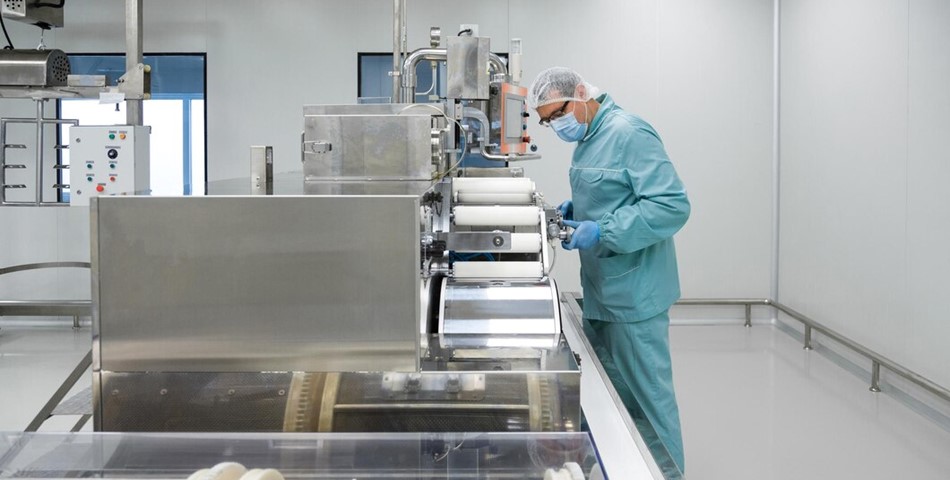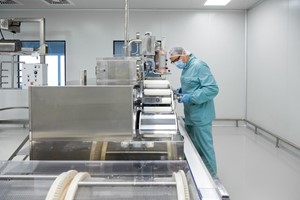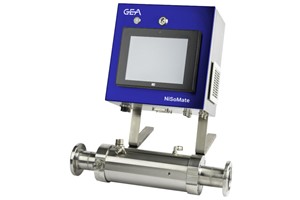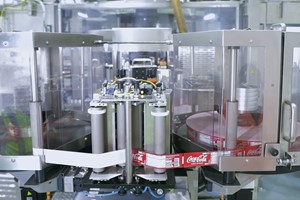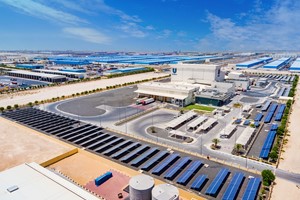In recent years, the landscape of food production has undergone a remarkable transformation, driven by advancements in biotechnology. One such breakthrough, precision fermentation, has emerged as a promising solution to address the pressing challenges of sustainability, ethical concerns, and nutritional demands in the global food system.
At its core, precision fermentation harnesses the power of genetically modified microorganisms to precisely manufacture desired compounds, ranging from proteins and fats to flavors and sweeteners. What distinguishes this approach from traditional GMO crops is the extraction of modified microbes post-fermentation, leaving behind only the target ingredient. This process offers a multitude of advantages, including enhanced sustainability through reduced land and water usage, lower emissions, increased efficiency in large-scale production, and the ability to produce ingredients that are otherwise challenging to source.
Several applications of precision fermentation are already in existence, revolutionizing various sectors of the food industry. One such example is the production of rennet for cheesemaking. Traditionally sourced from animal stomachs, precision fermentation isolates rennet genes and introduces them into microbes, enabling the production of chymosin without the need for animal involvement. Similarly, stevia sweeteners, traditionally extracted from stevia leaves in limited quantities, are now produced directly from engineered yeast strains, eliminating the need for extensive plant cultivation.
Another notable application lies in the realm of natural food colors. Companies like Phytolon utilize modified baker's yeast strains to secrete water-soluble pigments, offering advantages such as stability, year-round production, and reduced reliance on resource-intensive plant sources.
However, perhaps the most groundbreaking advancements are occurring in the realm of cellular agriculture, where precision fermentation is employed to create whole animal products like meat. This involves two primary approaches: producing building blocks and culturing animal cells. Building blocks such as muscle fibers, fat cells, and blood vessels are generated by introducing specific genes into microorganisms, which then produce the desired proteins and fats. These components can be assembled into complex structures resembling real meat. Alternatively, actual animal cells can be cultivated in a controlled environment, with nutrients and growth factors, eventually forming edible tissue akin to conventional meat.
The potential benefits of cellular agriculture are substantial. Beyond sustainability and animal welfare, this technology offers the promise of customizing meat products to meet specific nutritional needs and preferences while addressing protein scarcity and enhancing food security.
Despite these promising prospects, significant challenges remain. Scaling up production to meet consumer demand while reducing costs remains a formidable obstacle. Additionally, navigating regulatory frameworks and addressing consumer acceptance are crucial for the widespread adoption of these novel products.
foodbusinessnews.net - Donna Berry




